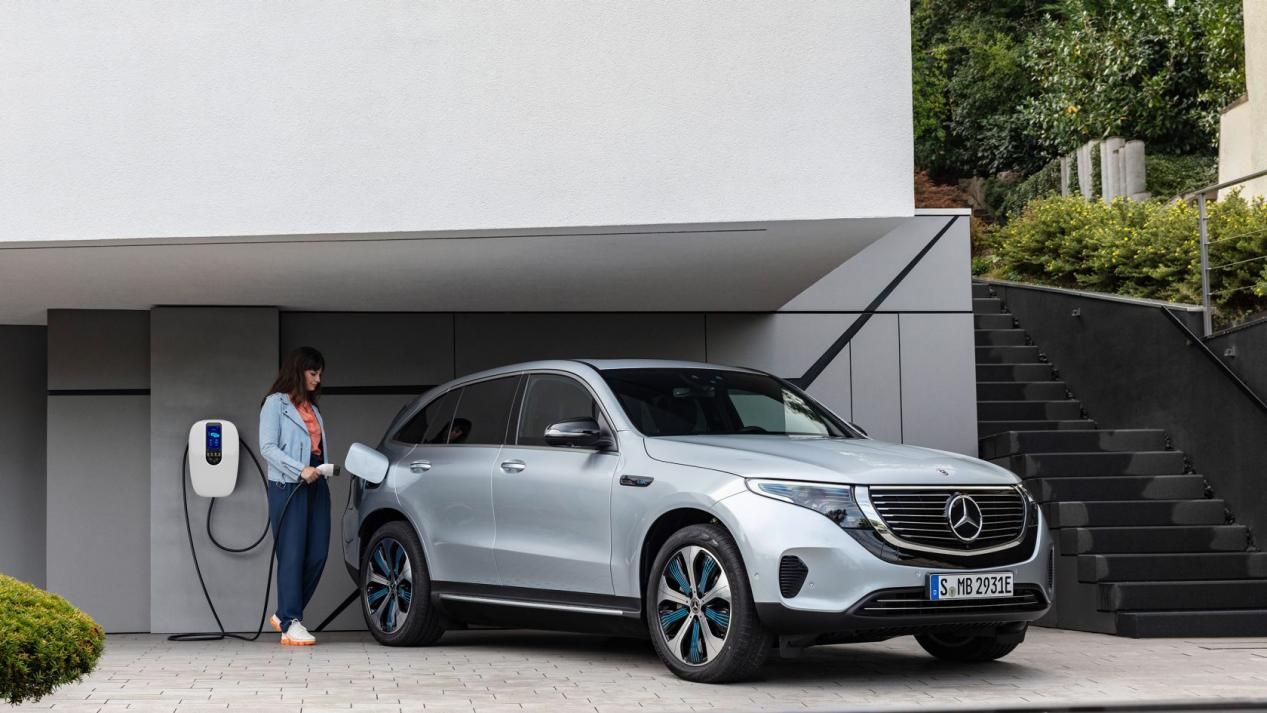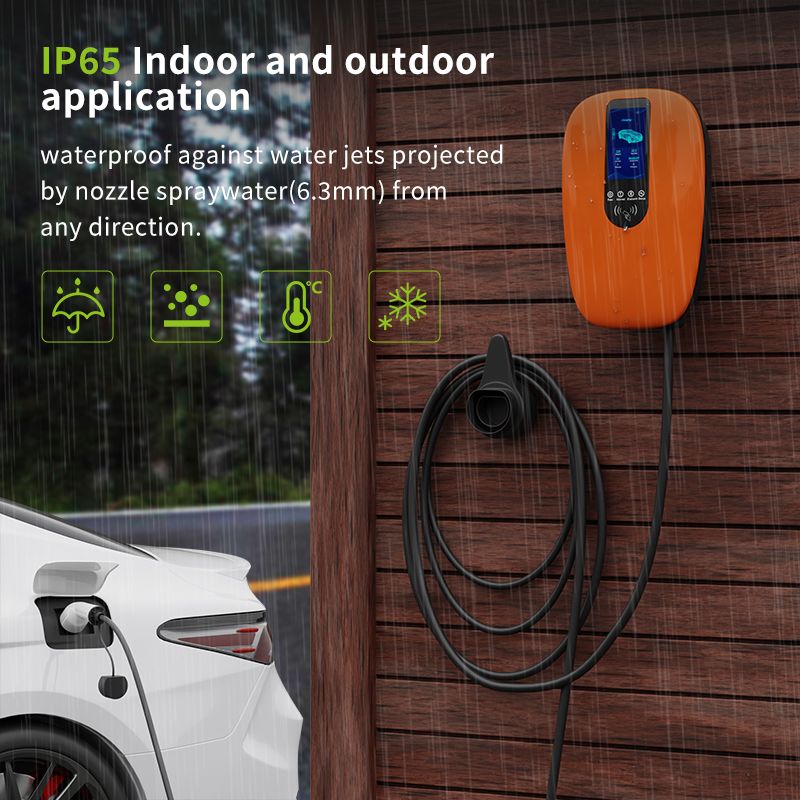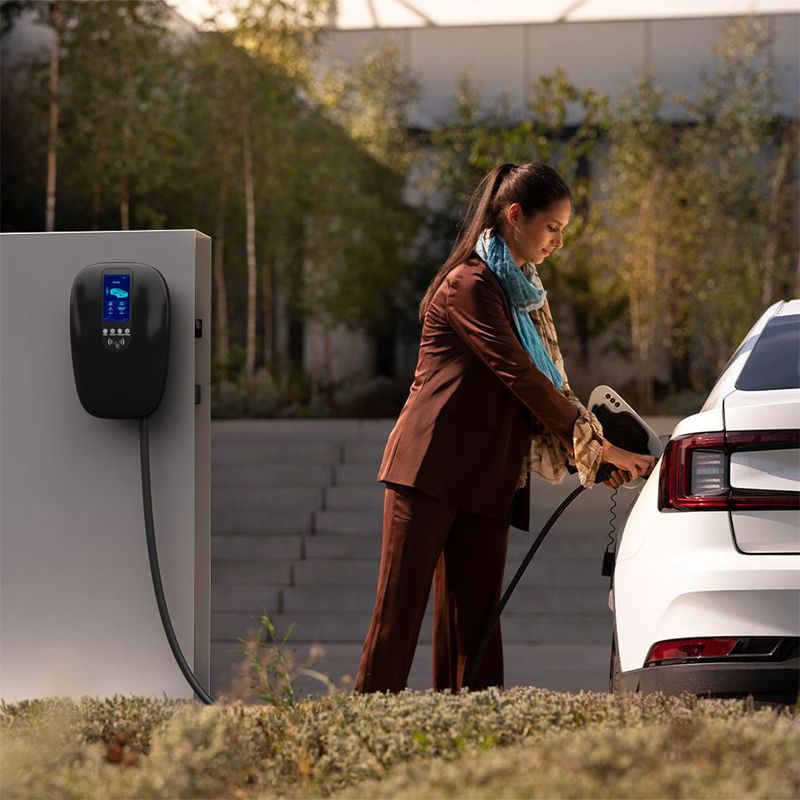Choosing a suitable electric vehicle (EV) charger for your home is a crucial decision to ensure efficient and convenient charging. Here I’d like to share some tips for charger selection.
Charging Speed:
Home EV chargers come in different power levels, usually measured in kilowatts (kW). Higher power levels generally result in faster charging times. Determine your desired charging speed based on your driving habits and the electric vehicle’s battery capacity. A Level 2 charger with at least 7 kW is common for residential use.
Compatibility:
Ensure that the charger is compatible with your electric vehicle. Most EVs in the market use the standard SAE J1772 connector for Level 2 charging, but it’s essential to confirm compatibility with your specific vehicle model.
Smart Features:
Opt for chargers with smart features such as Wi-Fi connectivity and mobile apps. These features allow you to monitor charging remotely, schedule charging times to take advantage of off-peak electricity rates, and receive notifications about charging status.
Brand Reputation and Certification:
Choose chargers from reputable manufacturers with a history of producing reliable and safe products. Look for chargers that have been certified by relevant standards organizations to ensure they meet safety and performance requirements.
Installation and Maintenance:
Consider the ease of installation and maintenance. Some chargers may require professional installation, while others can be easily set up as a DIY project. Choose a charger that fits your comfort level with electrical work or hire a qualified electrician if needed.
Size and Aesthetics:
Consider the physical size and design of the charger, especially if space is limited. Some models are compact and wall-mounted, while others may have a more substantial footprint. Choose a charger that complements your home’s aesthetics and meets your space requirements.
Cost:
Evaluate the overall cost of the charger, including installation. While it’s tempting to choose the least expensive option, consider the long-term benefits and features offered by higher-end models. Additionally, check if there are any available rebates or incentives for installing a home EV charger.
Warranty:
Look for chargers that come with a warranty. A warranty not only provides peace of mind but also indicates the manufacturer’s confidence in the product’s durability. Be sure to understand the terms and conditions of the warranty before making a decision.
Future-Proofing:
Consider future-proofing your investment by choosing a charger that supports emerging technologies or standards. This can include features like bidirectional charging or compatibility with evolving industry standards.
User Reviews:
Read user reviews and testimonials to get insights into the real-world performance and experiences with specific EV chargers. Learning from the experiences of other users can help you make an informed decision.
By considering these factors, you can select an EV charger that aligns with your needs, budget, and long-term plans for electric vehicle ownership.
Post time: Nov-16-2023







